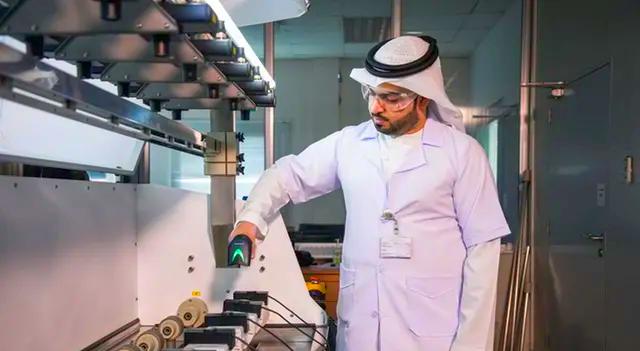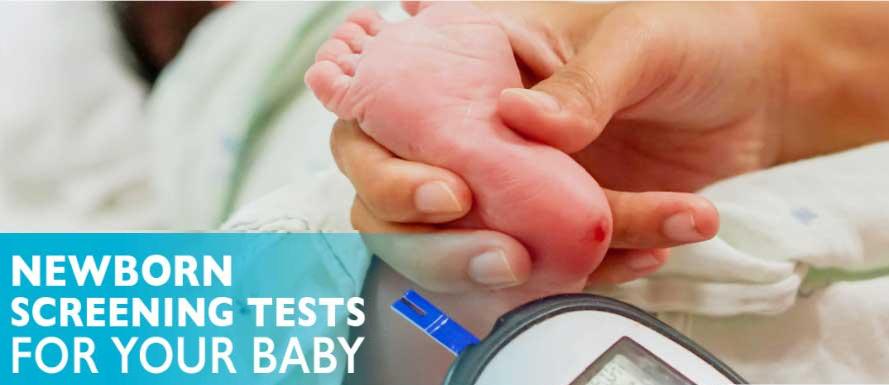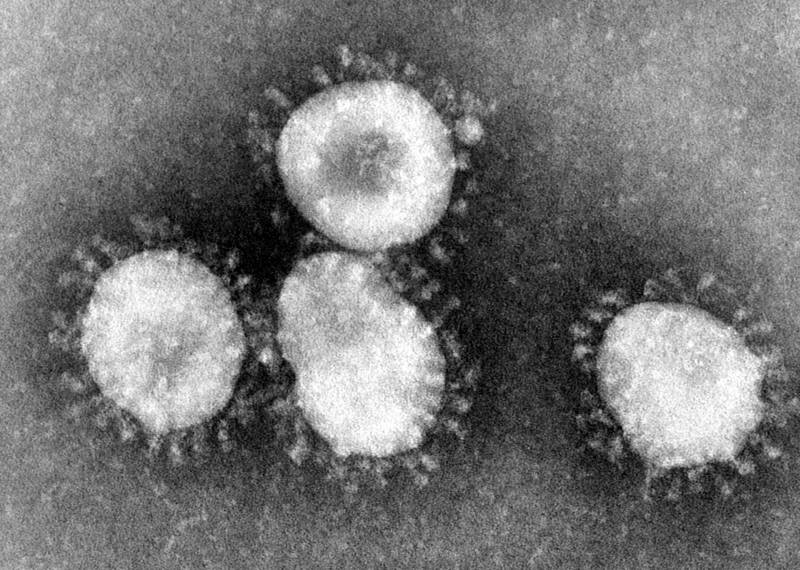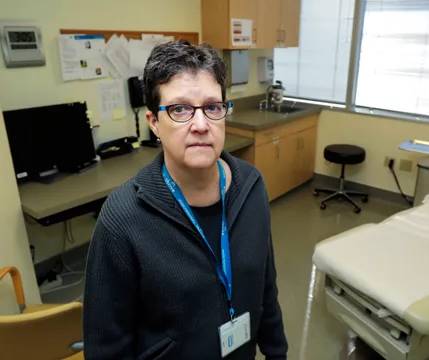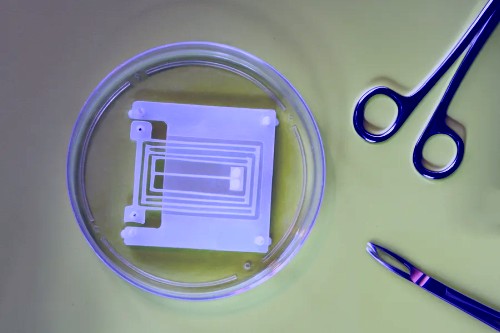Jordan Healthcare Expenditures Relatively High – Report
By Khetam Malkawi Courtesy Jordan Times
 AMMAN – Annual per capita expenditures on medical services in Jordan in 2007 stood at JD177.50, of which JD60.30 represents the cost of medicine, a Higher Health Council (HHC) report revealed Tuesday.
AMMAN – Annual per capita expenditures on medical services in Jordan in 2007 stood at JD177.50, of which JD60.30 represents the cost of medicine, a Higher Health Council (HHC) report revealed Tuesday.
Total healthcare expenditure in 2007 accounted for 9 per cent of the gross domestic product, or JD1.16 billion, according to the report.
The public sector spent about 58 per cent of this figure, while private sector expenditures accounted for 40 per cent. UNRWA, however, spent only 1 per cent.
Expenditures on drugs stood at JD345 million, according to the report, which is issued every two years.
Of the total annual spending, according to the report, 75 per cent was spent on secondary medical care in hospitals, 18 per cent on primary healthcare and 7 per cent on training.
As for the sources of healthcare financing, 54.9 per cent came from the public sector, 40.2 from the private sector and 4.9 per cent from donors.
HHC secretary general Taher Abu Samen said spending on health services in Jordan is high compared to other developing countries, and called for measures to reduce this expenditure by focusing on prevention.
In other developing countries, per capita annual health care expenditure is as low as $15, he noted.
“Prevention programmes and primary healthcare services can help in reducing the country’s spending on health services,” Abu Samen explained, adding that programmes to reduce the prevalence of chronic diseases such as diabetes should be a top priority.
Around 70 per cent of all deaths in Jordan are related to diabetes, a health expert said last month.
Kamel Ajlouni, director general of the National Centre for Diabetes, Endocrinology and Genetics, noted that 75 per cent of all hospital admissions are due to diabetes.
A recent study conducted by the centre showed that 40 per cent of Jordanians suffer from diabetes, which is a leading cause of kidney failure, blindness, heart failure and retinal problems.

